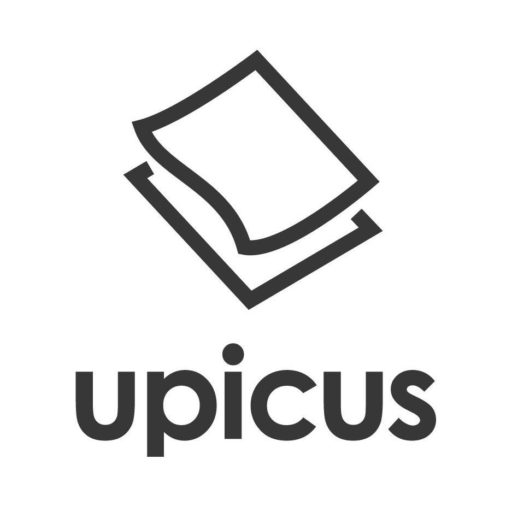The progress of digital transformation of the tourism industry has been accelerated by the coronavirus pandemic. Companies are now working on a new system based on service personalization.
Therefore, the truism industry digitalization has promoted new projects based on the new normality. Focusing on the experience of personal experiences, the habit for new consumption and digital strategies.
Entertainment is still a priority, and the customers are demanding services and experiences more than ever. The tourism industry is reaching out to data management for further satisfaction and personalization.
How does the data contribute to the digital transformation in the tourism industry?
Customer management and analysis data is an aspect that must be prioritize in the tourism industry. The future lies in the data-drive intelligence to offer the best experiences in a personalized way. Relying on a tool with a Big Data engine such as Upicus allows the management of tremendous volumes of data.
On the other hand, we must highlight the importance of geo-location in the digital transformation of the tourism industry. For many years, we’ve all looked for information in cellphones while traveling. However, now it’s all about receiving automatic information based of your profile and location. Travelers can now get the availability< offer from a city, monuments information, etc.
Now, thanks to Big Data, we can now know all about tourists behaviors, preferences and locations. Upicus is a tool based on big Data and allows you to collect all the data generated by tourists.
Companies betting on digital transformation can benefit from this information. For example, to attract and retain tourists, since the data can provide us with the time and place of certain purchases, consumptions patterns, etc. It is a very powerful tool for new business opportunities in the tourism sector.

Digitalization to improve experiences in the tourism sector
Present circumstances have accelerated digitalization in order to achieve experiences capable of surprising and atracting tourists.
Big Data, Mobile Technology and the Internet of Things are some of the technologies that make the digital transformation of the tourism industry possible. Companies can now promote intense and personalized experiences to their clients. Besides, they can establish and maintain a a two-way communication with them
The result is a greater optimization of operations, higher incomes, new business opportunities, greater costumer service, etc.
One of the essential elements in the digital transformation of this type of companies is optimizing internal communication and processes. A management software like Upicus, configurable based on user’s needs, would make this task much simpler. For example, a hotel wouldn’t have to worry about transferring information from one application to another, paying licenses for different tools, etc. You can automate the process and rate costumer data, procedures, files, calls, etc.
Another aspect of interest would be the new user trends. Knowing tourists deeply implies the need of capturing and analyzing data in real time. It’s important to provide quick solutions in the matter of entrance and exits to facilities, the time reduction, booking formalizations, intelligent payments, etc.
To sum up, the digital transformation of the tourism industry offers clients added value through digital tools. Also, major improvement on the internal procedures of the tourism company, offering comfort, simplicity and personalized attention to travelers.
